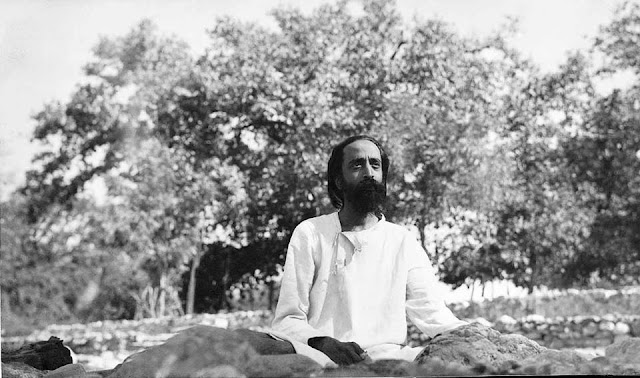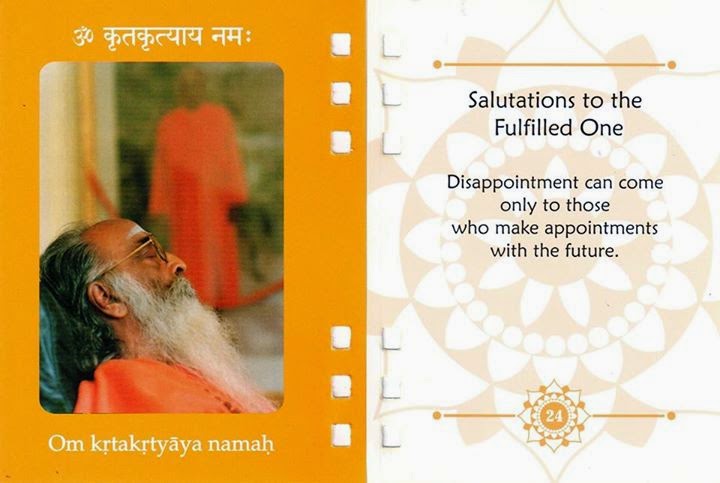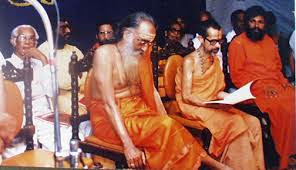Gita : Ch-13. Introduction-3.

Swami Chinmayananda- early photo Srimad Bhagavad-Gita : Chapter-13. ( Kshetra-kshetrajna-vibhaga-yogam ) Introduction-3. When Paramatma manifests through the bhuta-s ( pancha-bhutas, i.e, five elements ), becomes jiva i.e, jivatma or life. This means that jivatma is the atma which is wearing anatma-vasram ( life-less clothing / body). Hence when that vastram ( cothing or dress or our body ) is removed or undressed jivatma will returns to Paramatma. What we ( atma ) are wearing ( our body ) is the compilation of five elements . If we want to change this clothing we must have the full knowledge of ...










